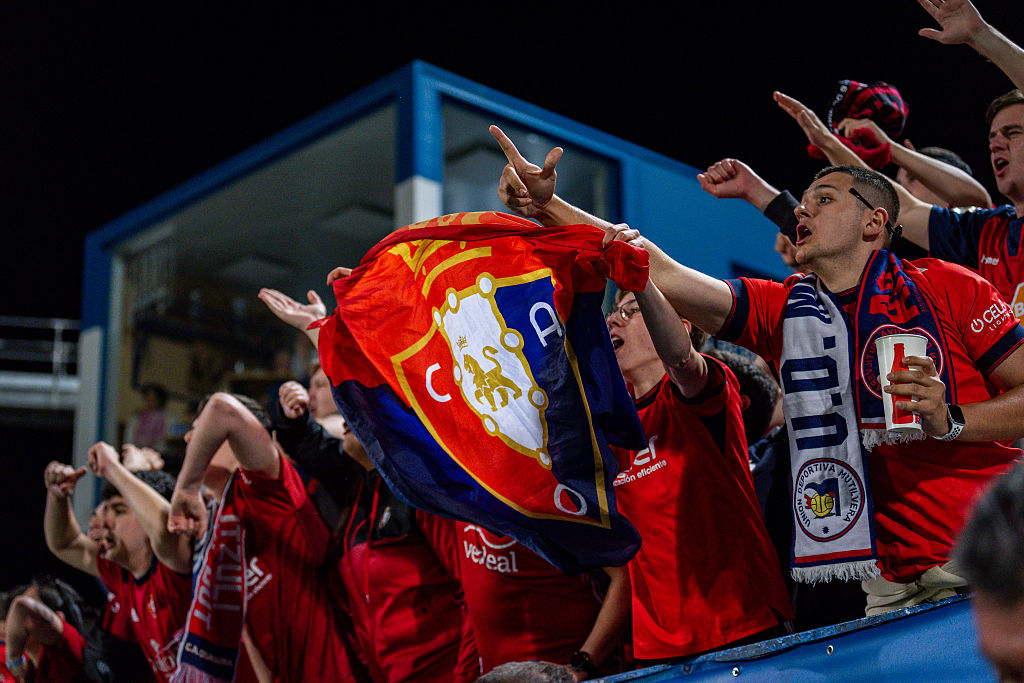“Football without fans is nothing.” It has become an often repeated truism in soccer’s age of hypercapitalist excess. Originating with Celtic’s Jock Stein decades ago, the slogan was recently misattributed to Manchester United’s 1960s manager Matt Busby, then reappropriated by Keir Starmer in a typically unconvincing lunge for popular appeal.
How times have changed. Elites have whined about football crowds since the fourteenth century, when Edward II issued a proclamation banning the sport, lamenting that “there is great noise in the city caused by hustling over large balls from which many evils may arise.” Given modern football’s global hegemony in the twenty-first century, it seems extraordinary that as recently as 1985 the Sunday Times published an editorial describing the game as “a slum sport played in slum stadiums, and increasingly watched by slum people.” It’s a verdict all the more jarring when you realize it was issued in the aftermath of the horrendous fire at Bradford City’s Valley Parade stadium, where fifty-six fans lost their lives.
Football fans, like all groups of people, are not uniformly good, moral, and wise. It is true that for a while in the 1970s and ’80s, racist abuse, an organized far-right presence, and casual violence became incredibly common at — or after — football matches (particularly, but not exclusively, in England). By 1983, things had become so bad that sports ministers from the Council of Europe met to discuss how to stop what one of them termed “soccer terrorism.” The crisis in football by this point had been brewing for a while, tied in with wider moral panics over juvenile delinquency and male youth violence. Stuart Hall warned in the late 1970s of an “amplification spiral” whereby exaggerated media reports exacerbated fears of trouble, which fed calls for police and judicial crackdowns, which fed greater confrontation with fans, and so on.
The hedonistic violence…
Auteur: Dan Hancox

